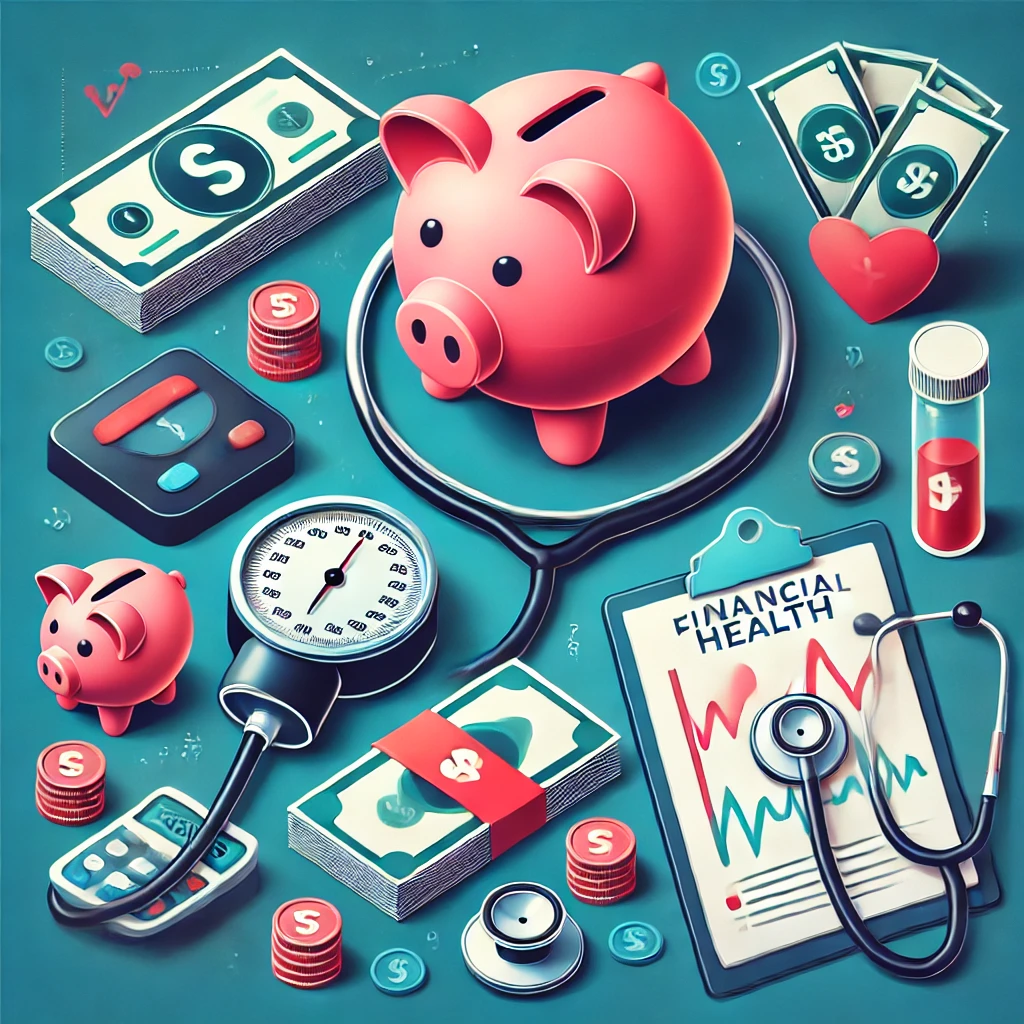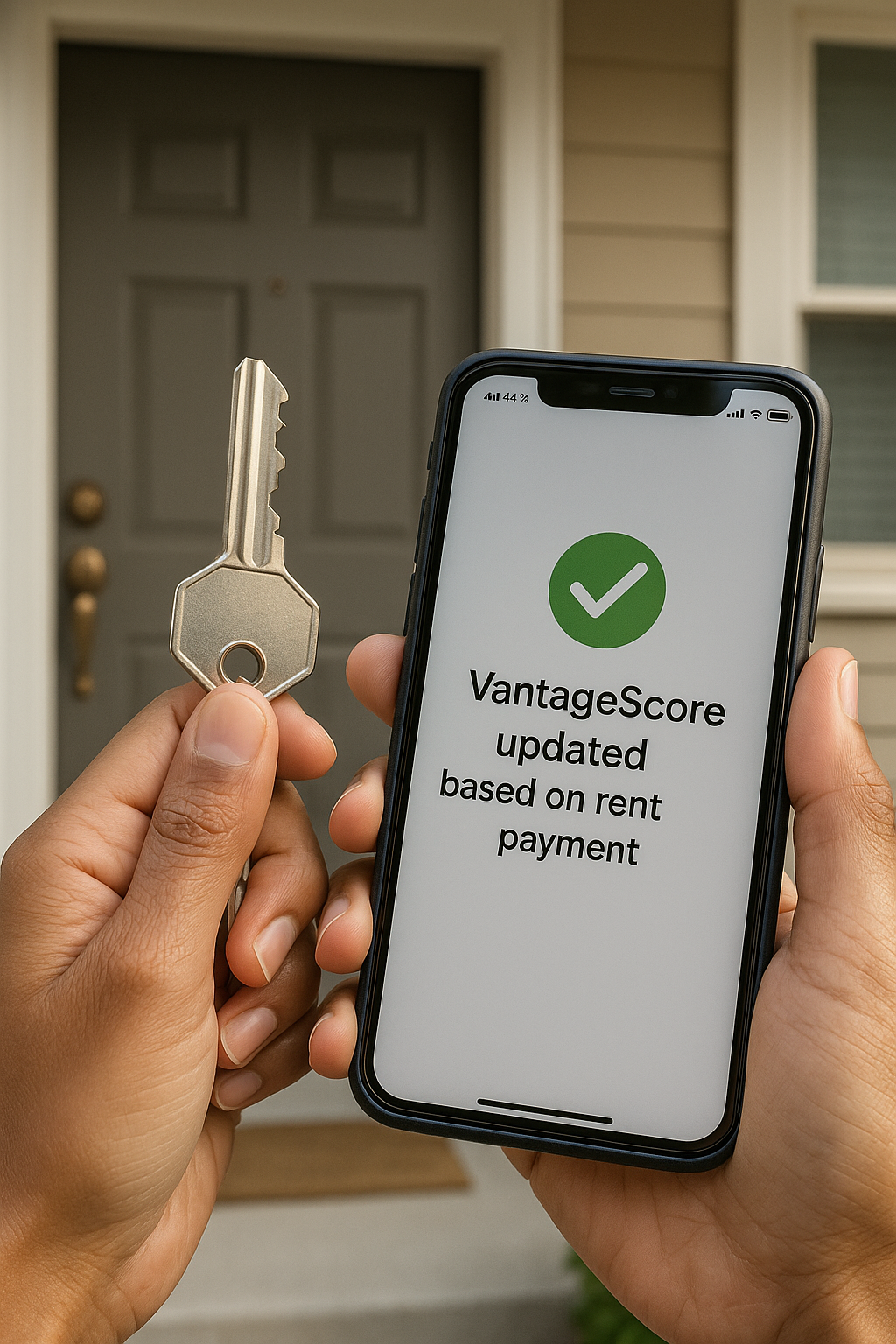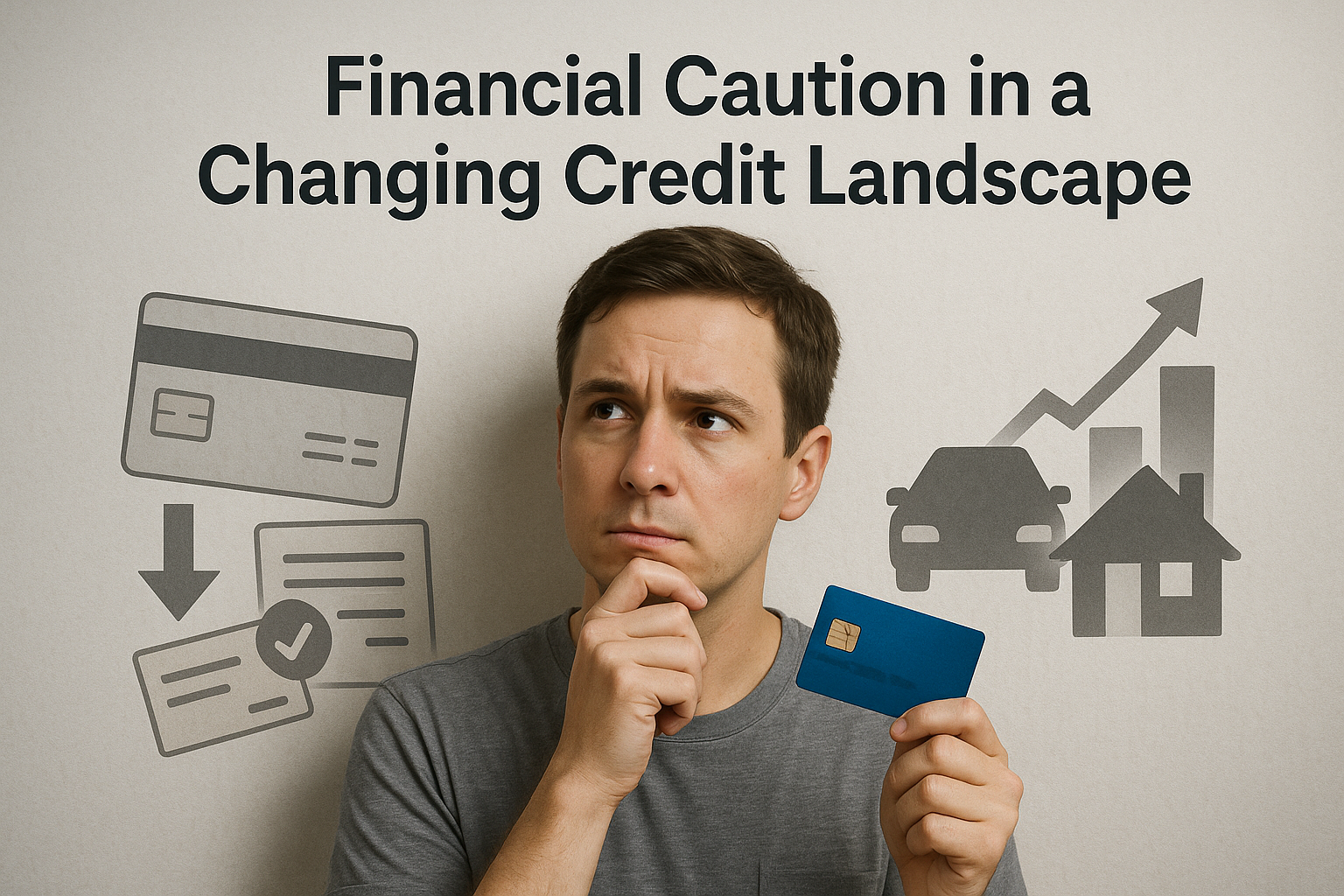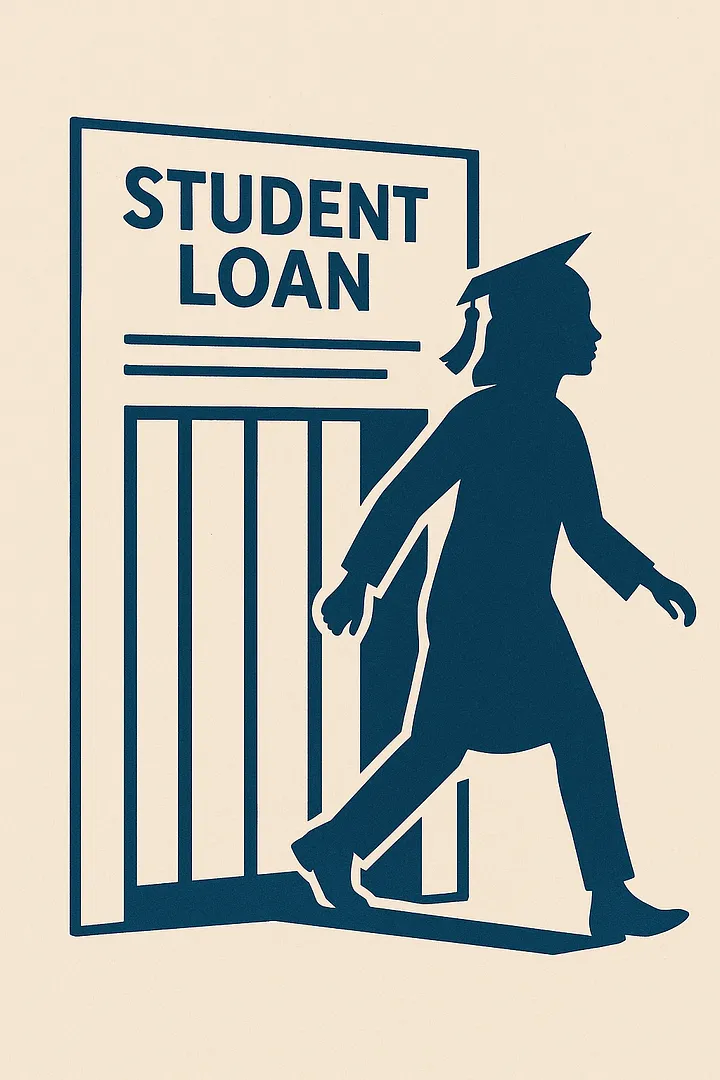
Ask yourself, “Am I Financially Healthy?” You might automatically answer “yes” to this question because you have a roof over your head, the latest sneakers, and a memorable trip to the Bahamas last summer. However, after reading this, you might discover that you’re in a financial red zone.
Current Economic Struggles
We live in an expensive economy, regardless of where you are in the world. Even with the U.S. unemployment rate at a low 4.1% in June 2024—one of the lowest rates in the past decade and similar to the pre-pandemic low of 3.5% in February 2020—many people still struggle to keep up with the current economic conditions.
While unemployment is low and we see more people traveling, spending, and becoming homeowners, the Federal Reserve Bank of New York’s Center for Microeconomic Data reports that total household debt in the U.S increased by $184 billion (1.1%) in the first quarter of 2024, reaching $17.69 trillion.
What does this mean? Are Americans increasing credit card balances to maintain a lifestyle they can’t afford, or are they depleting their savings?
According to EY’s NextWave Consumer Financial Services study:
– There is a $4.3 trillion retirement savings gap in the U.S.
– 40 million U.S. consumers have no retirement savings.
– 56% of U.S. consumers have less than $10,000 in retirement savings.
– 60% of U.S. consumers experience financial stress.
– 40% of consumers cannot cover a $400 short-term emergency.
Interestingly, a financial health assessment by age group shows that consumers rate their financial health as:
“excellent,” “very good,” or “good”
– 18–24: 90%
– 25–34: 95%
– 35–49: 90%
– 50–64: 99%
– 65+: 97%
This data suggests that while most people feel financially healthy, many are relying on alternatives to survive without considering future needs, whether it’s for an emergency next month or retirement in 20 years.
With these statistics, we face a future where many may struggle financially. It’s crucial to establish good financial habits today for a better tomorrow.
Now that you’ve read this, ask yourself again, “Am I financially healthy?” Do you still think so, or do you realize you might be in the red zone? If you find yourself in a financial red zone, check out our blogs to improve your financial habits today!






